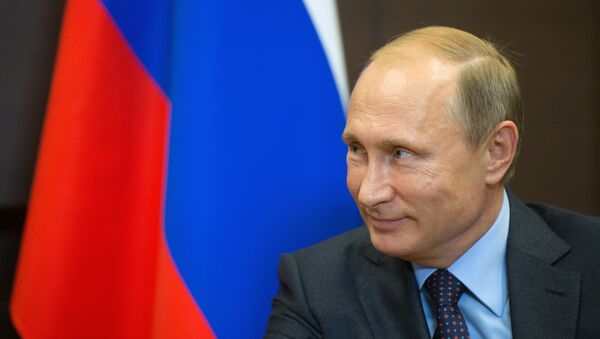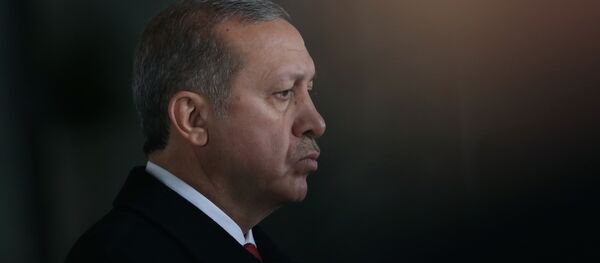Putin's policies, including the counterterrorism campaign in Syria or the efforts with regard to Iran's nuclear program, which helped secure the long sought-after deal, make him "far superior as a statesman than anyone Washington may throw up," Smith noted in an article titled "Putin has bested them all: How has the Russian leader gotten the better of Clinton, Bush and Obama?".
The key goal of the Russian president is clear: he aims "to retrieve Russia from the crippling mess he inherited … by way of state-centered political and economic structures that reflect not our desires but Russian tradition, values and conditions," Smith pointed out.
Putin, according to the expert, is also striving to "make Russia an equal partner of the West." However, this "aspiration has nothing to do with the propaganda favorite that he is rebuilding the Soviet empire," he emphasized.
Putin's "sin," as the analyst put it, lies in the fact that he is a leader "who would blow out the candles and declare the party over," which is what happened in the 2000s. The US, however, was unprepared for this change after the 1990s.
This is what gradually made the Russian president a target of a Western propaganda campaign, which to an extent succeeded in turning the Western public opinion against him.
Smith also assumed that psychology could explain belligerent rhetoric emanating from Washington towards Russia and Putin.
"It is common social psychology that contempt often masks envy. Beneath one's fears there is often a certain fascination. On the other side of strenuous refutation lies buried an admission that the thing or person refuted presents a temptation," he noted.



